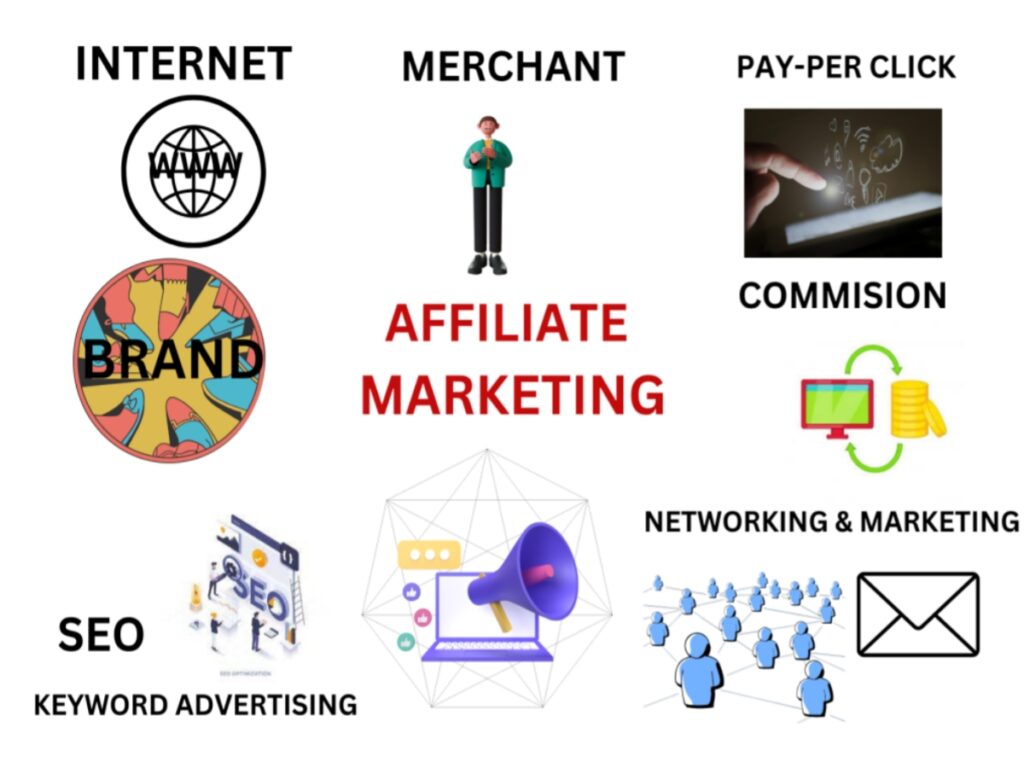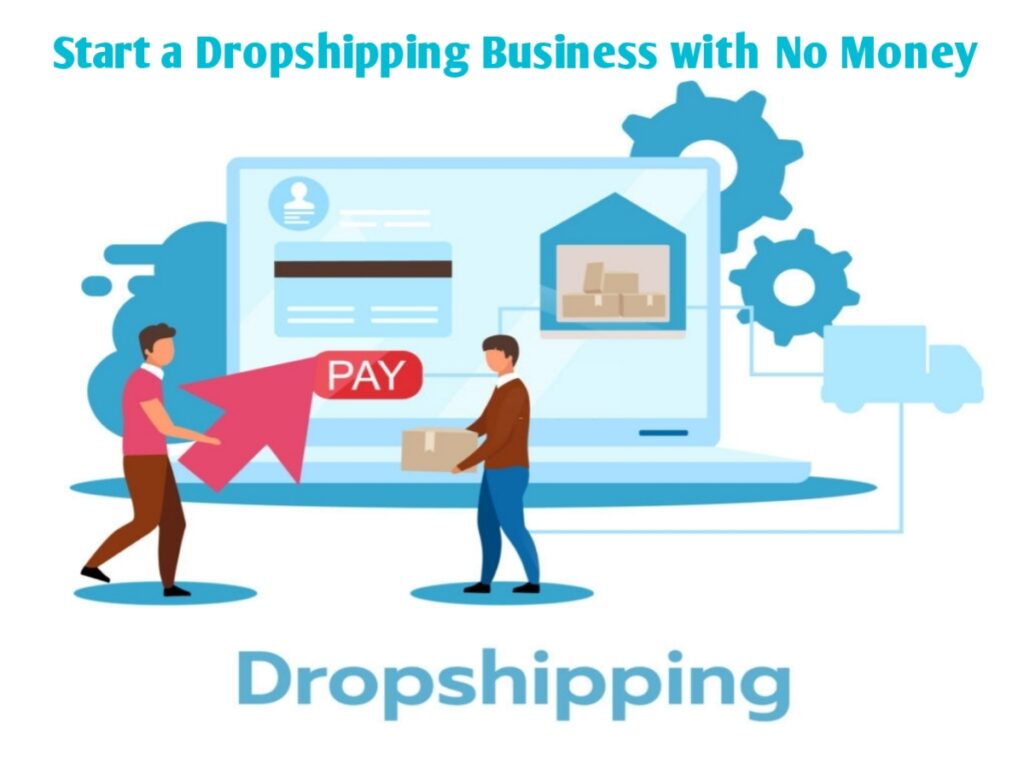Affiliate marketing is a thriving business model that lets individuals or companies earn money by promoting other peoples’ products. This blog post will guide you through the essentials of affiliate marketing, helping you understand how to maximize your income in this lucrative field.
1. What is Affiliate Marketing?

Affiliate marketing is a system where affiliates earn commissions by promoting products for merchants. The process involves three main players: merchants who create the product, affiliates who promote it, and consumers who purchase it. Affiliates share unique links or codes, and when a purchase is made through their link, they earn a percentage of the sale.
2. The Growth of Affiliate Marketing
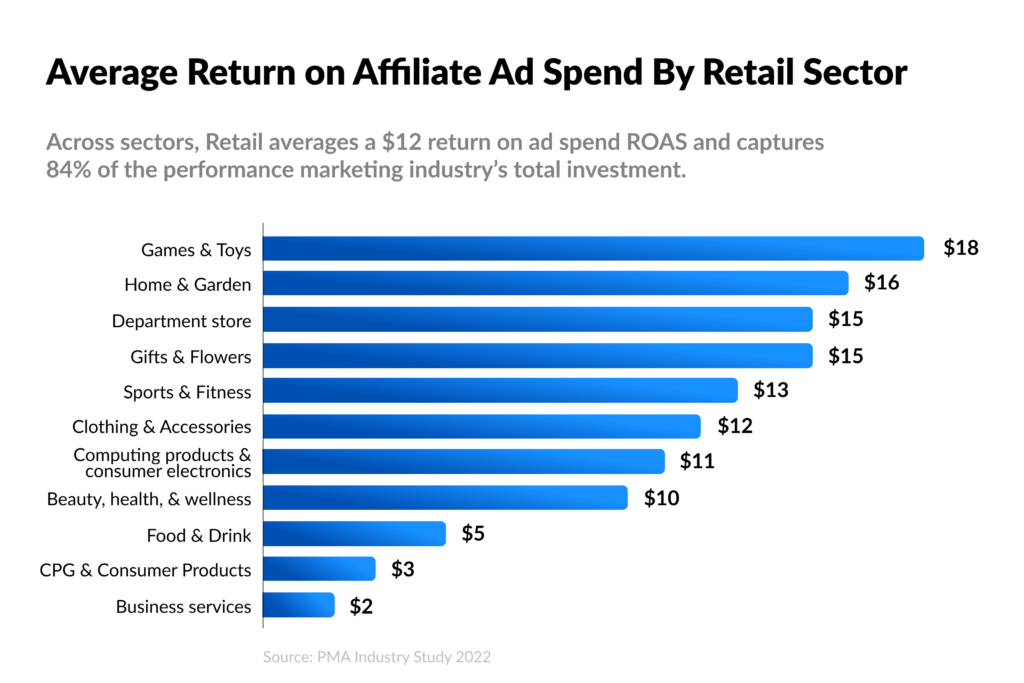
The affiliate marketing industry has seen explosive growth. According to data from AuthorityHacker, the average affiliate marketer earns over $8,000 monthly. Its popularity continues to rise, especially among bloggers and social media influencers due to its potential for passive income.
Table of Contents
3. Types of Affiliate Programs
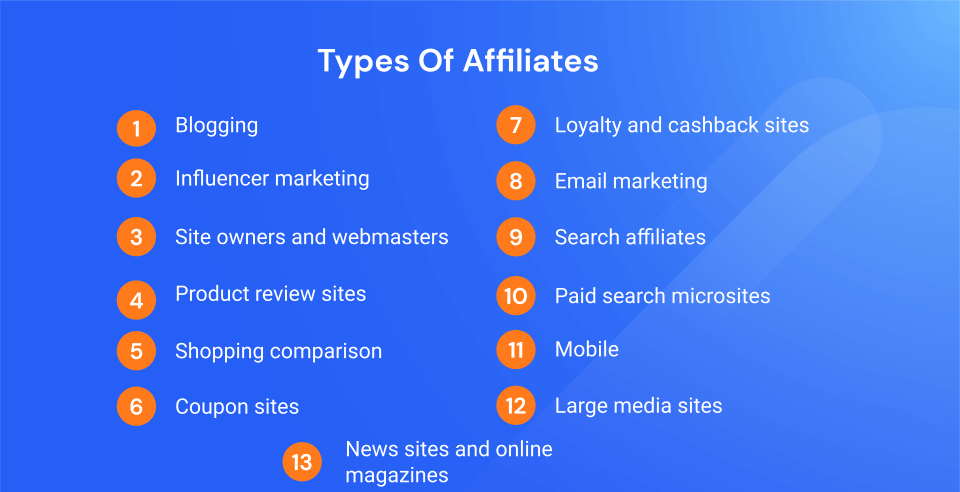
- Pay-Per-Sale (PPS): Affiliates earn a commission from each sale.
- Pay-Per-Click (PPC): Affiliates earn money based on the number of clicks generated on the affiliate link.
- Pay-Per-Lead (PPL): Affiliates earn commissions for leads generated, such as filling out a form.
4. Different Affiliate Marketing Niches
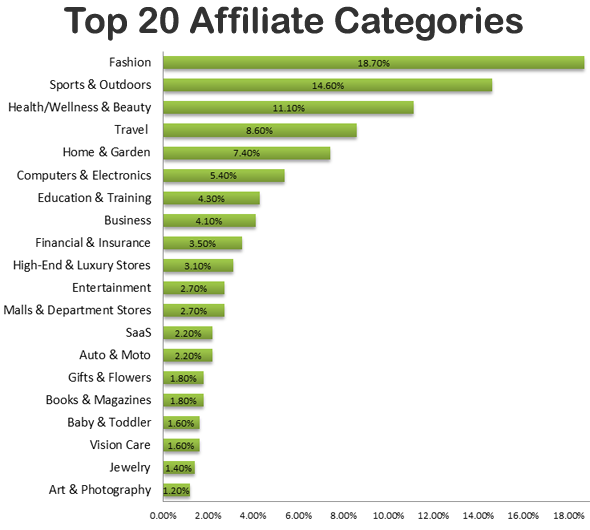
Affiliates can choose from countless niches:
- Health and Wellness: Products like supplements and fitness gear.
- Technology: Gadgets and software.
- Fashion and Beauty: Clothing and cosmetics.
- Finance: Financial products and services.
- Travel: Bookings and experiences.
Emerging niches such as sustainability and eco-friendly products are also gaining traction.
 Photo by Tima Miroshnichenko
Photo by Tima Miroshnichenko
5. How to Start Affiliate Marketing
Begin by selecting a niche you’re passionate about and researching affiliate programs that match your interests. Consider popular networks like Amazon Associates or ClickBank. Set up a blog, YouTube channel, or leverage social media platforms to start your journey.
6. Creating Quality Content for Affiliate Marketing
High-quality content engages readers and drives conversions. Focus on creating:
- Blog Posts: In-depth articles about the product.
- Product Reviews: Honest reviews that highlight benefits and drawbacks.
- How-To Guides: Tutorials on product usage.
- Comparison Articles: Compare different products to guide buyers.
Incorporate affiliate links naturally to maintain credibility.
7. Building an Audience
Growing your audience is crucial. Use:
- Social Media Marketing: To reach a broader audience and engage followers.
- Email Marketing: Build a mailing list to nurture leads.
- SEO Strategies: Optimize content for search engines to increase visibility.
Understanding your target audience ensures your content resonates with them.
8. Tools and Resources for Affiliate Marketers
- Affiliate Link Management Tools: To organize and track links.
- Analytics Tools: To monitor performance and optimize strategies.
- Content Creation Tools: For creating engaging visuals and text.
- Email Marketing Services: To automate and personalize communications.
9. Strategies to Increase Affiliate Income
Boost your earnings with:
- Traffic Generation: Utilize SEO, paid ads, and social media.
- Conversion Rate Optimization: Use A/B testing, effective landing pages, and strong CTAs.
For 2024 trends, AI and video marketing are pivotal, as highlighted in a Simplilearn article.
10. Common Mistakes to Avoid in Affiliate Marketing
Beware of pitfalls like:
- Choosing the wrong niche.
- Overpromoting products, which can lead to a loss of trust.
- Ignoring analytics, thus missing out on valuable insights.
- Inconsistency in content creation, which can lose audience engagement.
11. Legal Considerations in Affiliate Marketing
Understand the legal landscape:
- FTC Guidelines: Follow guidelines for transparency.
- Disclosures: Clearly disclose affiliate relationships.
- Tax Implications: Be aware of tax obligations for affiliate earnings.
12. Success Stories in Affiliate Marketing
Successful affiliates provide a wealth of inspiration. Explore their stories and learn from their strategies, such as consistent content creation and smart niche selection.
13. Challenges Faced by Affiliate Marketers
The journey isn’t all smooth. Challenges include:
- Intense competition.
- Maintaining compliance with changing regulations.
- Adapting to changes in affiliate program terms.
14. Affiliate Marketing vs. Other Online Income Methods
While affiliate marketing involves promoting others’ products, other methods like ad revenue and selling your own products offer different benefits and challenges. Comparing these can help you decide the best strategy for your goals.
Conclusion
Affiliate marketing offers a path to make money online with dedication and strategic planning. By choosing the right niche, creating quality content, and understanding your audience, you can unlock substantial income potential. Stay informed of trends and continually optimize your approach to thrive in this dynamic field.
